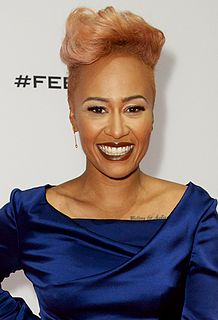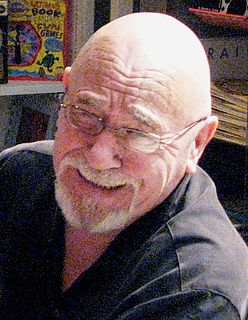A Quote by Susan Hill
I was an only child who was never really good at anything else. I had no other option. I could write; I wanted to write; I wrote. Otherwise, I was unemployable.
Related Quotes
I wanted to be a musician. I just wanted to be famous because I wanted to escape from what I felt was my limitation in life... And I wanted to write music, and I didn’t know what I was doing and I never had the technique or understanding of it... But I’ve always played the piano and I can improvise on the piano, but the problem is that I can’t write down what I write. I can read music but I can’t write numbers.
I wanted to write and then I saw Pierrot and I understand that I could express myself in a more... Also probably, I had an intuition that if I was going to only write, I will stay in one room all the time and never go out. I felt that if I was going to make movies, I would have to communicate with people and it would be good for me.
I wrote about a bird that cleaned a crocodile's teeth. The story was so good that my teacher could not believe that a ten-year-old could write that well. I was even punished because my teacher thought I'd lied about writing it! I had always loved to write, but it was then that I realized that I had a talent for it.
The writings are often written in a kind of exhaustion or delirium, I try very hard not to censor myself, to be as honest and vulnerable as possible, as one would in a diary. As a child I used to write my diaries backwards in cursive. No one else could understand them. I think it trained me to be bold and admit feelings that I might feel otherwise scared to write down.



































